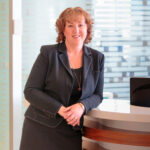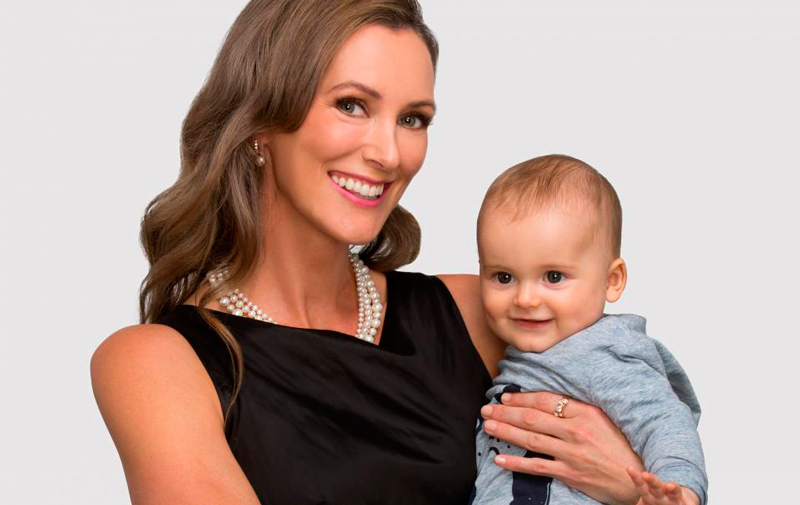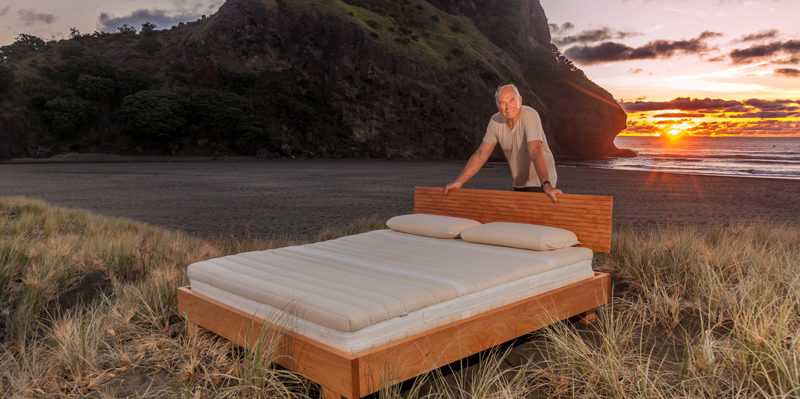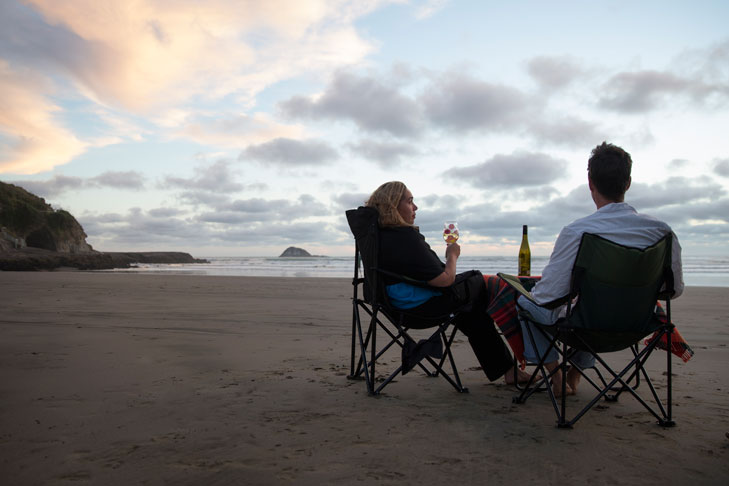Friends on a mission
Business partners James Calver and Alex Magaraggia, both 29, are rightly proud they have established a multi-million dollar business in five years. And they aren’t stopping there.
Business partners James Calver and Alex Magaraggia, both 29, are rightly proud they have established a multi-million dollar business in five years. And they aren’t stopping there.
by Annie Gray.
One common slice of business wisdom often quoted is that going into business with friends is a recipe for disaster; but Ecoware’s James Calver and Alex Magaraggia would have it no other way.
“A lot of people say don’t do business with friends, but with friends you know how they will act, you know who they are,” says James. “I wouldn’t want to be in business with a stranger.”
Another advantage James and Alex see is that as lifelong friends they are fortunate to be going through the same life stages at the same time, neither has greater financial or time commitments than the other.
Childhood friends since meeting at Milford Primary School on Auckland’s North Shore these two young men, who started their first business while at university, have a real passion and desire to spread the word about their sustainable product. They sincerely want to make a difference and this, they say, is why they are putting all their energy into their Ecoware products.
The eco-friendly food packaging business provides single-use disposable packaging that is made from plants. And their goal from the outset was to “run the company in the most sustainable way possible, to lead by example”.
Their products are made from plants, not oils, with the majority of the Ecoware range manufactured from corn starch or sugarcane. They recently gained carboNZero certification, New Zealand’s first packaging company to achieve this specific certification.
CarboNZero certification requires their umbrella company Eightysix Trading to measure, reduce, and offset its greenhouse gas emissions. The pair hope this will see them recognised as New Zealand’s most innovative packaging supplier – leading the way when it comes to sustainability.
Ecoware products are sourced mainly from Asia and often bespoke manufactured for the company. The bioplastic raw materials are generic and come from a US partner.
Their business model is different too in that their Asian manufacturers purchase the bioplastic directly on their behalf from the US company. James describes it as “a cohesive global supply chain”.
Alex explains that before launching they spent a couple of years finding out what the disposable food packaging market needed. They were in the industry for some time testing products before they launched.
Packaging, they say, seems simple from the outside, but if there is one little fault – if the cup leaks or the lid doesn’t fit – it’s not suitable for purpose.
Fifty percent of their work is acting as environmental advisors to their clients, talking about sustainable food packaging and why it’s important.
For the past few years they’ve been clients of Deloitte and this year are pinning their hopes on being named in the Deloitte Fast50 with growth over the past three years of more than 350 percent.
The company provides its products across a range of food and beverage categories and they are working with some of New Zealand’s largest companies, Regional Councils, schools, and across the coffee industry providing custom packing for coffee roasters. They also supply festivals such as Rhythm and Vines and work with event coordinators offering education and strategies on how events can direct their waste away from landfill.
Their business model, they say, is very lean and effective and most of the work is outsourced to specialist third parties.
“We realised we were not experts across everything and have partnered with specialists in warehousing and logistics and freight forwarding.”
Their freight forwarder is a family friend. They’ve gone from being “their smallest customer and the most annoying” to the forwarder’s biggest FCL customer.
They have also made a move into the Melbourne and Sydney markets which they describe as much bigger and more aggressive than New Zealand. Their next step is the US.
Early start
But this business, under the umbrella of Eightysix Trading, is not their first.
While at university James and Alex decided they wanted to own their own business and began importing non-breakable glassware products from the UK. That business did okay, but never really took off. While the quality was very good, cheaper products were saturating the market.
And that is when the single-use packaging idea came up. James worked by day in an event management role, which involved dealing with councils on waste and waste minimisation strategies, sparking his interest in environmentally-friendly packaging and eventually leading to Eightysix Trading forming the Ecoware brand.
Alex says this rang true for them both; they had realised they wanted to make difference. “Before we just had a product; now we had a passion.”
That first business helped them be more strategic with the Ecoware business.
So what have been their challenges?
Alex points to cashflow. “Anyone that funds a start-up will know that cashflow is the hardest thing.”
They have also found the practicalities of running a business a learning curve – taking on staff, setting up an office, marketing, websites and Inland Revenue.
While Alex has a law and commerce degree and understands finance well, he says it was still a stretch to run the accounts that a business needs. “Practical business accounting is vastly different to the higher level accounting taught at university.”
But they are proud they’ve funded the business themselves and with bank finance.
James and Alex also realise that being in business is not just about the idea. “It is about the doing. It is not so much the product but there are so many aspects and day-to-day challenges.” They see themselves as jacks of all trades.
“Business is so much about problem solving,” says James.
Both men feel the responsibility they shoulder, but they say their staff are a highlight; they’ve all become friends and the work culture is built around trust – trusting people to do their jobs and allowing them flexibility as needed.
The business is cloud-based so people can work from home and a big focus is for staff to have complete ownership of their own part of the business. It is a very flat structure, they take a collaborative approach and challenge staff to challenge them.
“No idea is a bad idea,” says James.
Their approach to building this successful, sustainable business can probably be summed up in one sentence. Whenever anyone outside the company approaches them with an idea or a request they “never say no to a coffee – it is half an hour of our time,” – meaning they don’t know what good things this half hour might lead to.





